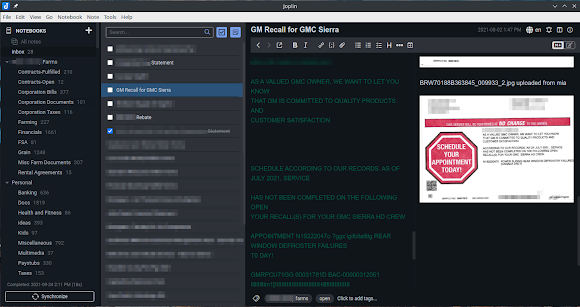Dear Fax Machines, Go Fax Yourself

I don't think I'm alone in my hatred for faxes, and I am 100% willing to be the face of the anti-faxxing movement. The facsimile is a relic of a bygone era. It should have died a graceful death, and been given a respectful "thanks for your service, and farewell" a few hours after Tim Berners-Lee revved up the World Wide Web in 1989. By now you've probably already seen the meme: But alas, here we are in the year 2021, still shoehorning faxes into the digital world. The reason they're still around, I suppose, is their simplicity. Feed the paper into a hungry machine, out it spits somewhere else, hopefully to its intended recipient.* Unfortunately for U.S.-based Healthcare IT professionals, the Centers for Medicare & Medicaid Services have been permissive of faxing for the transmission of protected health information. I, uh, have a bone to pick with this generally-accepted standard operating procedure, but I don't have the political power to persuade CMS






